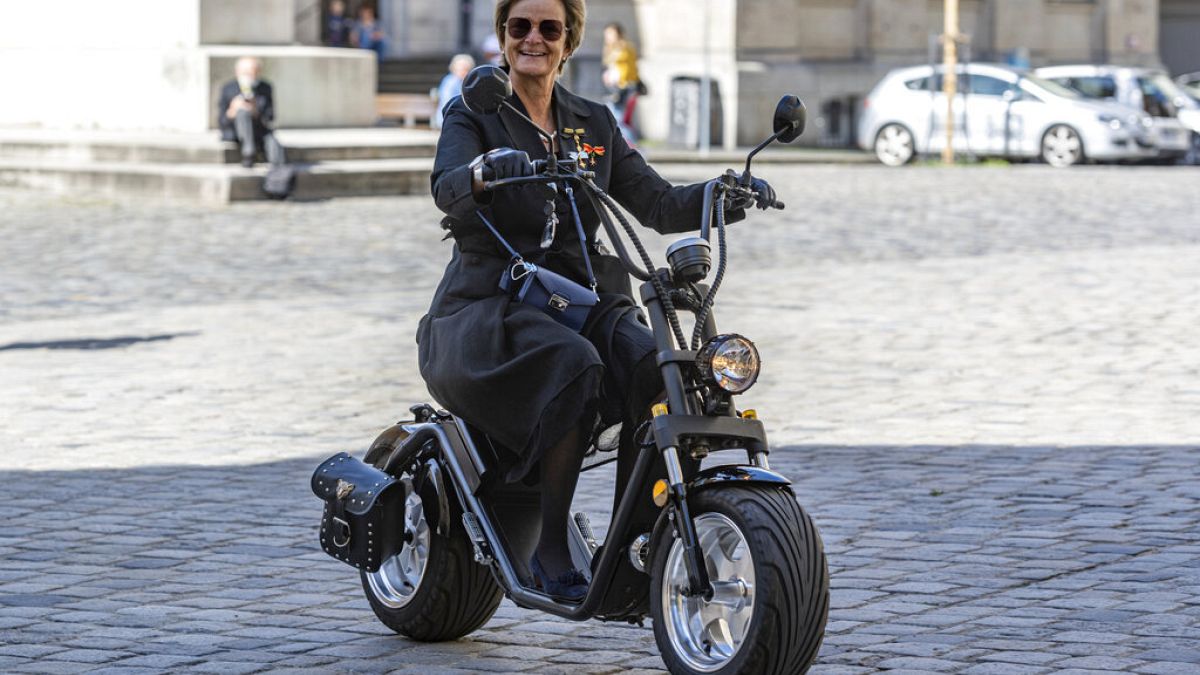US Justice Samuel Alito recently disclosed that he accepted concert tickets valued at €810 from a German princess named Gloria von Thurn und Taxis. Though this was the only gift Alito reported on his financial disclosure form, it has sparked controversy due to Thurn und Taxis’ support for Germany’s far-right Alternative for Germany (AfD) party. Alito’s financial disclosures, along with those of other Supreme Court justices, have come under increased scrutiny in recent years amid concerns about undisclosed trips and gifts from wealthy benefactors.
Alito’s disclosure of the concert tickets from Thurn und Taxis is not the first time he has faced questions about his financial dealings. In the past, he was criticized for taking a private plane trip to a luxury Alaska fishing lodge in 2008, which was paid for by two wealthy Republican donors. Alito defended this trip by citing a previous exemption for personal hospitality, though critics argue that such trips should be disclosed to ensure transparency and accountability. Alito also reported several stock sales on his financial disclosure form, including between $1,000 and $15,000 of Anheuser Busch stock sold in August of 2023. These disclosures shed light on Alito’s investment activities and potential conflicts of interest.
The financial disclosures filed by Supreme Court justices are part of an annual requirement that aims to increase transparency and accountability among the judiciary. The other eight justices filed their forms earlier this year, while Alito received an extension. Justice Clarence Thomas, for example, belatedly acknowledged travel expenses paid by Republican megadonor Harlan Crow, including a hotel room in Bali, Indonesia and food and lodging at a private club in Sonoma County, California. These disclosures raise concerns about the influence of wealthy donors on the decisions and actions of Supreme Court justices.
The recent adoption of an ethics code by the Supreme Court justices has sparked debate about the need for a binding code of conduct and enforcement mechanism. Some Democrats, including President Joe Biden, have called for investigations of alleged violations and stricter regulations on justices’ financial dealings. Justice Elena Kagan has also expressed support for adopting an enforcement mechanism to ensure accountability among the judiciary. However, the likelihood of such legislation passing in a divided Congress remains uncertain, leaving the justices to operate under the current ethics code without a means of enforcement.
While the financial disclosures provide some insight into the justices’ finances, they do not require the disclosure of the value of their homes or their spouses’ salary. This limitation means that the disclosures offer only a partial picture of the justices’ financial interests and potential conflicts of interest. Some justices, like Ketanji Brown Jackson, disclosed gifts they received, such as concert tickets from singer Beyoncé valued at more than $3,700. Others reported significant payments from book deals, adding another layer of complexity to their financial disclosures.
In addition to their financial disclosures, the justices’ day jobs as Supreme Court justices come with a salary of $298,500 this year, with Chief Justice John Roberts earning $312,200. These salaries, along with the justices’ financial disclosures, highlight the complexities and potential conflicts of interest inherent in the judiciary. As calls for greater transparency and accountability in the judiciary continue to grow, the debate over the ethics and financial dealings of Supreme Court justices is likely to remain a topic of discussion among policymakers and the public.











